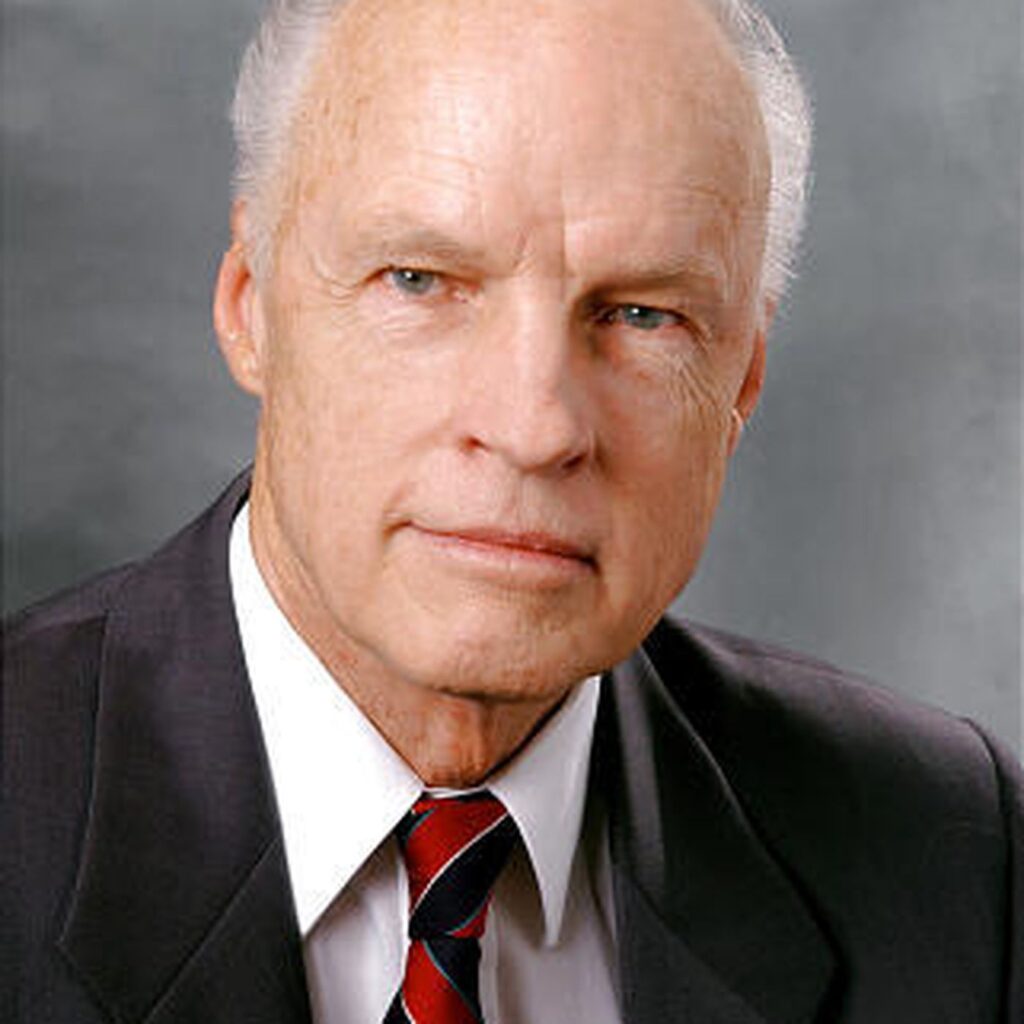
How do we know that God exists? Truman G. Madsen poses questions, philosophical truths and “religious undergirding experiences” to explore the topic.
This devotional was given on September 20, 1994.
Read the speech here: https://speeches.byu.edu/talks/truman…
Learn more about Truman G. Madsen here: https://speeches.byu.edu/speakers/tru…
Read and listen to more BYU Speeches here: https://speeches.byu.edu/
A friend of mine who has spoken more than once at this lectern said to me one day, “There are no great speakers, there are only great audiences.” I consider this one of the great audiences in the world, and I’m overwhelmed with a sense of destiny. I believe the world’s future is being made right here.
A little boy, I’m told, wrote a letter to God (this is published in a collection of children’s letters). It said, “Dear God, How do you feel about people who don’t believe in you? A friend of mine wants to know.” Recently I was invited to sit in on a graduate class elsewhere—a group most critical and equipped with jaw-breaking terminology and bone-breaking arguments against religion. At one point I said, “So I’ll know where you’re coming from, would each person here consider: If you had only one question to address to Jesus Christ, what would you ask him?” Well, most of those in the room had a grievance and said that they would ask a kind of “pick-a-fight” question. But one lad, in the corner, didn’t respond, and, having been urged, finally said with a thoughtful smile, “Well, if I had only one question, I would ask, ‘How am I doing?’”
Brothers and sisters, over a period of forty years I have worked in the area of “how one knows.”
And I can report, in a comparative mood, that there are really only five main modes that have been appealed to in all the traditions, philosophical or religious: an appeal to reason, an appeal to sense experience, to pragmatic trial and error, to authority—the word of the experts—and, finally, to something a bit ambiguous called “intuition.” I can report, too, that from my judgment those five modes are harmonized and balanced in our living tradition more effectively than in any other tradition I know.
Is there a religious way of knowing? Do these modes leave anything out? To answer that, I want to speak of a religious undergirding experience and not just of religious experiences. Let me tell you that there are evidences now, widely recognized, that religious experiences are far more common than has been observed in the recent past and that they are not simply the projections of infantile regression, which is what some reductive psychological theories say. It is at least possible that the sense of God originates in God himself.
Let me begin with a few quotations from an almost-forgotten poet, historian, and eventually member of the Council of the Twelve—Orson F. Whitney. Listen.
Why are we drawn toward certain persons, and they to us, as if we had always known each other? Is it a fact that we always have? Is there something, after all, in that much abused term “affinity”? . . . At all events, it is just as logical to look back upon fond associations, as it is to look forward to them. We believe that ties formed in this life will be continued in the life to come; then why not believe that we had similar ties before we came into this world, and that some of them, at least, have been resumed in this state of existence?
After meeting someone whom I had never met before on earth, I have wondered why that person’s face seemed so familiar. More than once, upon hearing a noble sentiment expressed, though unable to recall that I had ever heard it until then, I have found myself in sympathy with it, was thrilled by it, and felt as if I had always known it. The same is true of some strains of music [some perhaps heard today]; they are like echoes of eternity. I do not assert pre-acquaintance in all such cases, but as one thought suggests another these queries arise in the mind.
When it comes to the Gospel, I feel more positive. Why did the Savior say: “My sheep know my voice?” Did a sheep ever know the voice of its shepherd if it had never heard that voice before? They who love the Truth, and to whom it most strongly appeals—were they not acquainted with it in a previous life? I think so. I believe we knew the Gospel before we came here, and that is what gives to it a familiar sound…
Joseph Smith’s Lectures
Truman Madsen on Joseph Smith’s early life, First Vision, and life in the aftermath, including lessons, experiences, and consequences.
Using quotes and stories from those who personally knew Joseph Smith, Truman Madsen describes the Prophet’s personality and character.
Truman G. Madsen
From Wikipedia, the free encyclopedia.
Truman Grant Madsen (13 December 1926 – 28 May 2009) was an emeritus professor of religion and philosophy at Brigham Young University and director of the Brigham Young University Jerusalem Center for Near Eastern Studies. He was a prolific author, a recognized authority on Joseph Smith, and a popular lecturer among Latter-day Saints. At one point Madsen was an instructor at the LDS Institute of Religion in Berkeley, California.
